Knotwood: Knot Your Average Wood
Knotwood is a term used to describe a type of wood-alternative material commonly
used in residential and commercial spaces. It is designed to mimic the appearance of
real wood while providing several advantages over traditional wood materials. Here’s an
explanation of Knotwood and its applications:
1. Material Composition: Knotwood is typically made from aluminum extrusions.
These extrusions are coated with a specialized finish that resembles the texture,
grain, and color of natural wood.
2. Appearance: Knotwood is engineered to replicate the aesthetic appeal of
different wood species, including oak, cedar, walnut, and more. It offers a realistic
wood grain texture, giving it an authentic and natural look.
3. Durability: One of the key advantages of Knotwood is its durability. Unlike real
wood, Knotwood is resistant to warping, rotting, cracking, and insect infestation.
It can withstand various environmental conditions, including extreme
temperatures, UV radiation, and moisture, without deteriorating.
4. Low Maintenance: Knotwood requires minimal maintenance compared to real
wood. It does not need regular painting, staining, or sealing to maintain its
appearance. Simple cleaning with mild soap and water is usually sufficient to
keep it looking fresh and attractive.
5. Versatility: Knotwood can be used in a wide range of applications, both indoors
and outdoors. It is commonly employed for cladding exterior walls, facades,
soffits, fences, gates, pergolas, and decking. Additionally, it can be utilized for
interior elements such as wall paneling, ceiling finishes, and cabinetry.
6. Customization: Knotwood offers versatility in terms of color and design. It is
available in a variety of finishes, including different wood tones, stains, and solid
colors. This allows for customization to match specific architectural styles or
design preferences.
7. Sustainability: Knotwood is considered an eco-friendly choice as it is made from
recyclable aluminum, which can be reused and repurposed. It does not
contribute to deforestation or the depletion of natural resources associated with
traditional wood harvesting.
8. Fire Resistance: Knotwood has inherent fire-resistant properties, making it a
safer alternative to natural wood. It does not easily ignite or support the spread of
flames, which can be particularly beneficial in commercial spaces where fire
safety is a concern.
9. Cost: While Knotwood may have a higher upfront cost compared to some
traditional wood options, it offers long-term cost savings due to its low
maintenance requirements and extended lifespan. It eliminates the need for
frequent repairs, replacements, and refinishing, resulting in reduced maintenance
expenses over time.
Overall, Knotwood provides the aesthetic appeal of wood with enhanced durability, low
maintenance, and customization options. Its versatility and resistance to environmental
factors make it a popular choice for both residential and commercial applications.
